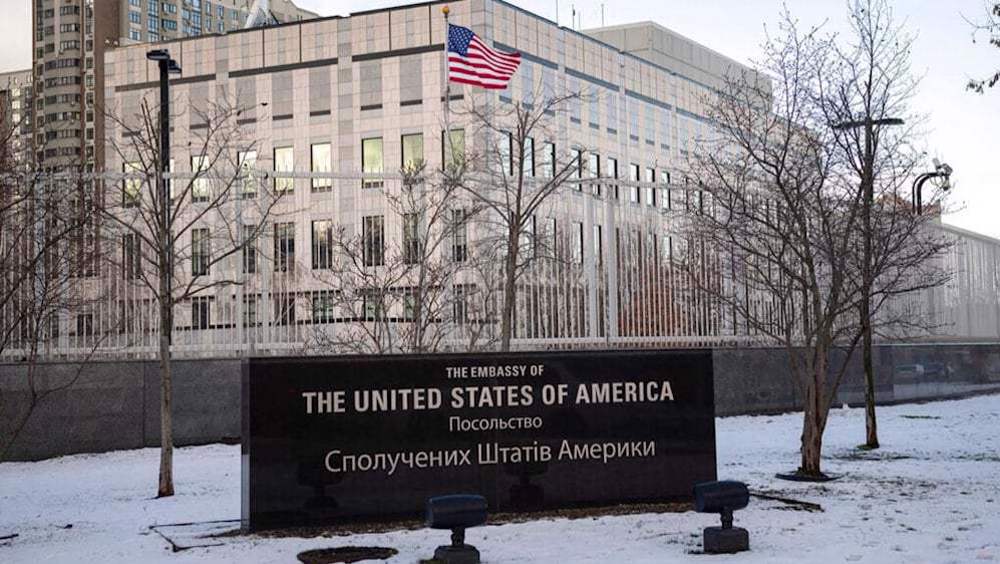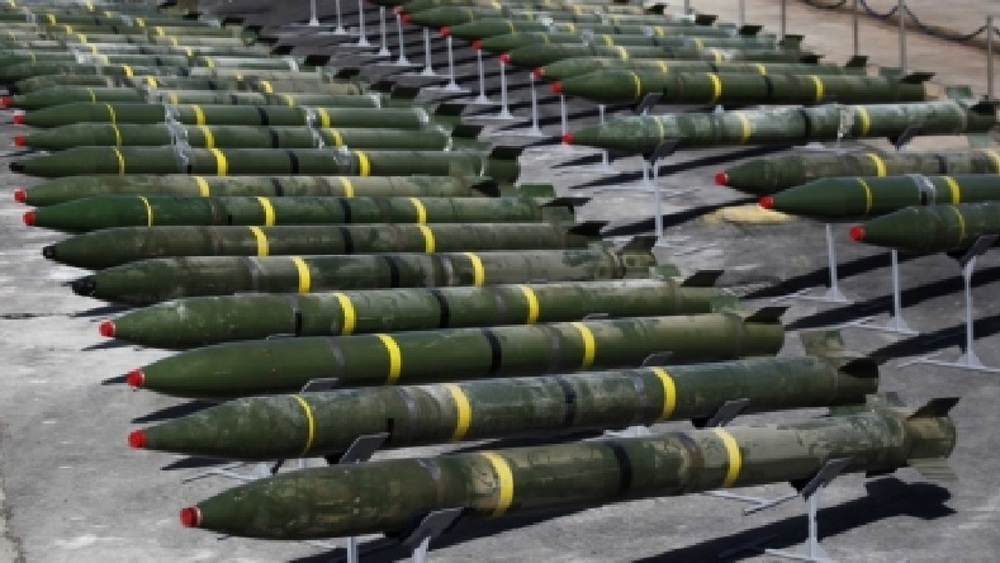Greece vows to resist IMF demands on labor reforms
Greek officials have vowed to resist demands put forward by the International Monetary Fund (IMF) forcing the country to carry out labor reforms in order to secure a third bailout.
Labor Minister George Katrougalos said on Wednesday that the IMF had become an “extreme player” in ongoing negotiations with Greece about the country’s bailout program.
Athens cannot further change the labor laws, he said, as it would lead to a ban on the right of workers to negotiate wages and conditions on a collective basis.
“These are measures which employers have already rejected in Greece,” Katrougalos said, adding, “We've reached a point where we can no longer tolerate the deterioration of Greek workers' status.”
Katrougalos said Greece wanted to revive the collective bargaining in the labor laws, which had been weakened under previous bailouts.
“We want to reinstate collective bargaining because it's the core of the European social model,” he said, adding that there was room for improvement in labor laws but "there was no need for radical changes."
Katrougalos made the remarks hours before a meeting on labor issues with heads of a mission assigned by lenders in Athens. The IMF's mission chiefs arrived in Athens this week to assess the country’s progress in carrying out reforms. Part of the mechanism is an important report on labor reforms, which could come by the end of September by a committee picked by Athens and its lenders.
Katrougalos, a former constitutional lawyer, lamented that Athens and the IMF differed so much when it came to labor laws and other economic issues, saying the powerful international finance body has become an extreme player by refusing to accept procedures in other countries when it wants to apply them in Greece.
“I insist that the IMF is an extreme player in this negotiation because its position does not reflect the European acquis,” he said, adding, “Those who want to save Europe can no longer implement such practices.”
The minister ruled out the idea that Greece’s resistance against the IMF proposal could cost the country its bailout.
“It will be a tough negotiation but I am optimistic,” he said, adding, “Who in the EU would want another crisis now, since we have entered a phase of economic recovery?”
The IMF declined to comment on Katrougalos’ statements, with its spokesman in Washington saying the time is not ripe for commenting as the staff of the IMF are still conducting a review of the country.
Greece hopes a second bailout review, which is expected by early November, could secure the third bailout, which is worth 86 billion euros ($96 billion).
VIDEO | Press TV's news headlines
VIDEO | US-Israeli genocide: Will Gazans see ceasefire deal achieved?
VIDEO | Grief strikes Parachinar: 44 lives lost in terror attack
VIDEO | Yemen’s armed forces target Israeli airbase amid nationwide pro-Palestinian rallies
Putin vows more test of new hypersonic missile
VIDEO | Jordanians continue rallies to denounce Israeli genocide in Gaza, Lebanon
6 Israeli soldiers commit suicide: Reports
Diplomat discourages recourse to pressure, intimidation, confrontation against Iran










 This makes it easy to access the Press TV website
This makes it easy to access the Press TV website